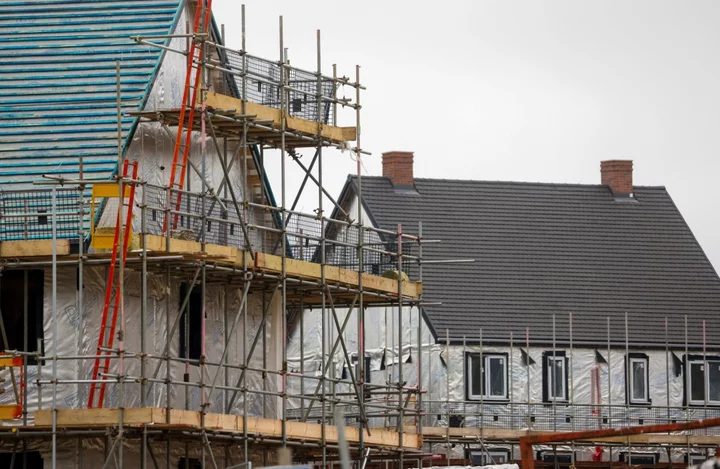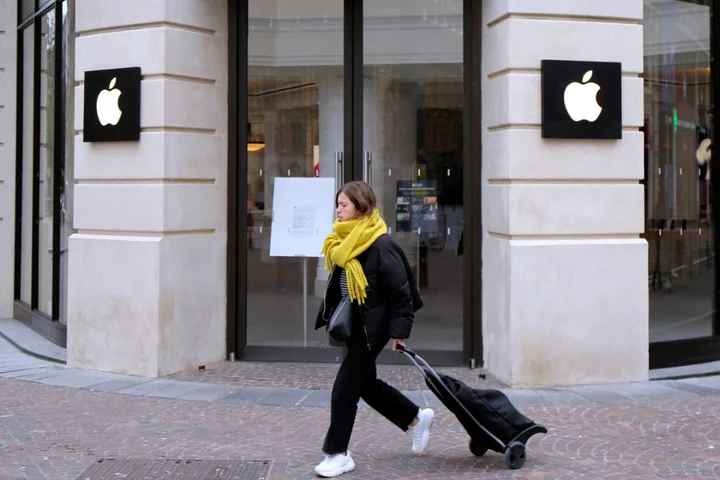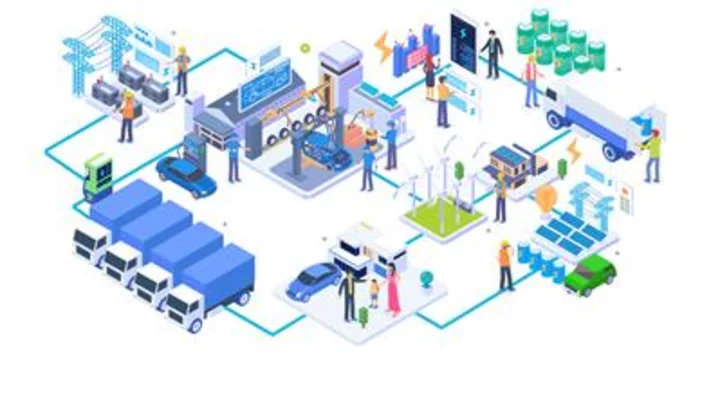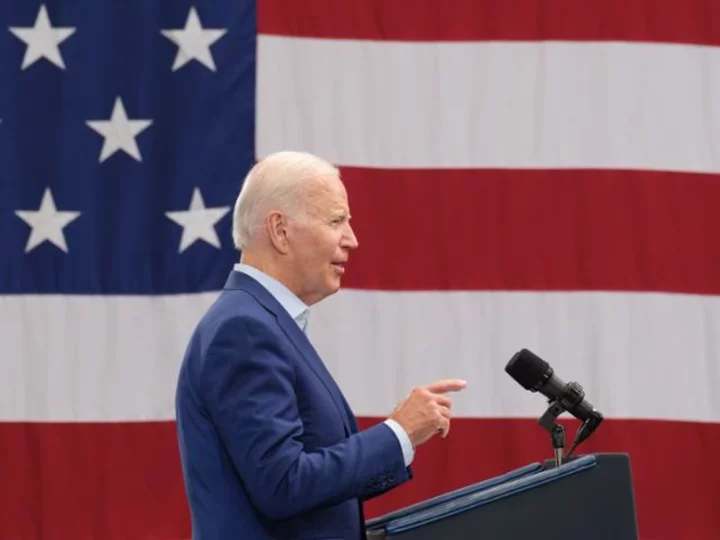In 2007, a climate change experiment captured the imagination of 60,000 people all over the planet. World Without Oil, created by the legendary US game designer Ken Eklund, imagined an overnight oil shortage that pushed gas prices up to $4 per gallon, then asked participants to consider how it would change their lives. People wrote blogs, recorded voicemail messages, drew comics and made videos portraying riots, price shocks, food shortages and — eventually — a society that figures out how to exist without oil.
Among those captivated by the experiment was Kathy Peach, who designs programs for Nesta, a UK research agency. Peach came across World Without Oil a decade after the experiment’s conclusion, while looking at methods for engaging people in policymaking. The project’s tag-line — “Play it before you live it” — struck a chord with her.
“I really loved that it drew on that creative storytelling, collective imagination,” Peach says. “I also really liked that they had an ambition to create a repository of useful information for scientists, researchers and policymakers.”
Out of these thoughts came the Strategy Room, a UK project to help councils craft local climate policy. Developed in 2022 by Nesta alongside researchers from University College London and theater company Fast Familiar, the program was co-designed with three local councils in different parts of England. Every Strategy Room includes 12 participants — recruited from council mailing lists and community groups — who receive a £20 voucher for two hours of discussion. Nesta conducted 66 sessions between January and March of this year, and on July 11 published a study outlining its findings.
At one April session in Wandsworth, south London, participants watched videos of actors playing regular people and describing a future in which grocery stores are assigned sustainability ratings and councils install ground-source heat pumps in public housing. The actors are meant to be relatable, rather than earnest or hectoring, and they touch on both pushback and optimism around each policy.
In one video, a woman called “Stella” talks about how her sister, a private landlord for a property with poor insulation, responded to a policy that would require landlords to cover tenants’ energy costs. “She had a few choice words that I won’t repeat about the council and their decision,” Stella says. Eventually, though, and with the help of council subsidies, her sister comes around to the idea. “It did cost her, but she was still being paid rent, and she increased the value of her flat,” Stella says. “She’s looking after her investment, so she can’t complain. I mean, she does, but someone has got to take responsibility for private rental properties.”
Each video was followed by a group discussion, and every participant voted on the policy in question before and again after the group talked about it. The participants agreed on a lot, including the merits of providing more fresh and local food to schools and prisons, and the value of improving energy efficiency for public housing. There was less consensus around forcing landlords to pay home energy costs as a way of incentivizing them to upgrade insulation and switch to low-carbon heating systems.
That jibes with patterns Nesta observed across the UK. In its July report, the group noted strong support for every policy its project tested; even the least popular suggestion, subscription-based public transport, was “strongly recommended” by 76% of participants. Nesta also identified higher levels of interest in changes that involve collective policy, like redeveloping town centers to enable more walking and cycling, than those aimed at forcing changes to individual behavior, like trade-in schemes. Support for the most popular policies even grew after people were given five to 10 minutes to discuss their choices.
Rachel Briscoe, chief executive officer at Fast Familiar, which creates escape rooms as well as games for research, moderated all of this year’s Strategy Room sessions. “The characters that you hear from: None of them are climate crusaders,” she says. “The arguments that they make are very much in terms of benefits.” The videos also emphasize climate policy benefits — not just lower emissions, but more affordable energy and positive health impacts — and avoid alienating jargon like net zero.
Lilias Gillies, a 91-year-old retired biology teacher who participated in the April Strategy Room, was surprised to see so much consensus in the group. She was particularly surprised to find she agreed with another attendee who expressed reservations about government-maintained infrastructure, including community energy schemes. “I wouldn’t have thought I would have agreed with him,” says Gillies, who is herself a poster child for individual climate action. Last year, she used council funding to install a heat pump at her home (free of charge), and she says solar panels are next.
The consensus is also an important takeaway for Nesta. In the UK, around a third of carbon emissions from any given locale are the responsibility of the council, suggesting local policy can make a big difference. Nesta is now seeking government funding to subsidize the cost to local governments of running more sessions.
Making serious decisions through game play is nothing new. Governments use war games to simulate what would happen if an entire country lost power, for example, or if flooding took out a major swath of infrastructure. There’s also a strong scientific basis for letting people act out a course of action, even intellectually, before they have to commit personal or financial capital to it.
“Most of the way people perceive the threats in the world around them is by looking at what other people are doing, not what other people are saying,” says Dr. Kris de Meyer, a neuroscientist and director of the Climate Action Unit at UCL. De Meyer helped design the Strategy Room, and says it’s meant to improve on the questionnaires and expert briefings typically used in public consultations and focus groups. Nesta is “using the stories of people doing stuff as the means to get information across,” he says. “With that storytelling, you’re tapping much more into people’s gut responses, people’s intuitive thinking.”
Research also shows that when people think about the future, it activates the part of the brain that houses memory. “That limits people’s awareness of how malleable or how plastic the future can be,” Peach says. The Strategy Room aims to free people from their climate “baggage” — their preconceived notions of what is possible or likely. “It’s really easy to imagine things going terribly wrong,” she says, “but harder to imagine them becoming better.”









